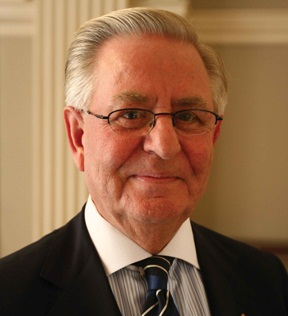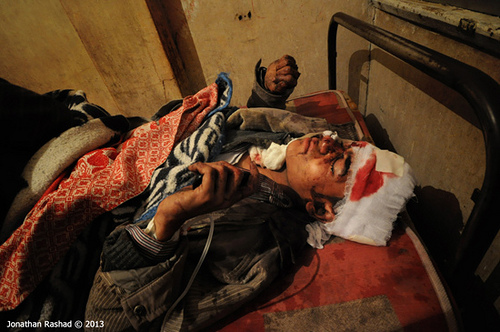
(Photo Courtesy of BuSSy)
The first time Ethar Hassan rode a bicycle, a car pulled over and stopped her. She fell over her bicycle.
“You fell, cutie?” a man said from the car. “I wish I was the bike.”
Hassan tells her story on a new blog dedicated chronicling the women’s experiences with sexual harassment and gender issues in Egypt. The Cairo-based non-profit “BuSSy” raises awareness about the challenges Egyptian women face by transforming real-life experiences into dramatic monologues. It launched the blog to act as a sort of archive for stories collected over eight years of operation.
More than 90% of women between the ages of 15 and 49 have undergone female genital mutilation, according to Demographics and Health Reports. Nearly 100% of Egyptian women have experienced some form of sexual harassment, and about half of married women have been domestically abused, the United Nations reports.
“We cannot even estimate the number of stories we have received so far,” said Sondos Shabayek, BuSSy project’s director. “People in our society are usually scared to tell their stories but generally speaking, the society has opened up about gender issues.”
The blog, managed by a volunteer, serves as another medium for storytelling, Shabayek said.
Through workshops, interviews or email, women and men share their experiences or thoughts about gender with Bussy’s team. Stories are then edited, with selected stories written as a script to be performed, while others are written as blog posts.
“No one wants to read a performance, just like no one wants to see a story,” Shabayek said.
Stories include experiences with female genital mutilation, domestic violence and sexual abuse. One blog post retells the story of a woman who, as a child, witnessed one of her peers being circumcised by the midwife next door in the village.
“The girl cried in pain then rattled,” the post read. “Suddenly, she stopped shouting while blood exploded there. My feet could not carry me, I think the girl died out of pain. I fell by one of the walls and cried.”
In another post, Salwa Al-Sherif tells the story of how a teenager verbally harassed her one Ramadan evening in the supermarket while touching himself. She wrote that she was so shocked that she just glared at him without uttering a word. On her way back from the store, Al-Sherif found the same boy, who turned out to be a neighbour, waiting for her so he could repeat what he did before. She yelled and swore at him, hoping men from the coffee shop across the street would help her. Instead, she wrote, the men held his shisha tightly, looking at her, an unveiled girl in jeans, “as if I brought it on myself.”
BuSSY has been criticised for the “harshness” of the language it uses in its storytelling. During street performances held by BuSSy, some bystanders verbally attacked the performers for what they deemed offensive language.
BuSSy’s policy, however, is to present stories as realistically as possible. What BuSSy shows is considered “a pat on the shoulder” compared to reality, Shabayek wrote in a blog post responding to the comments.
“I don’t want to be obscene, but I can’t beautify [reality],” she wrote.


